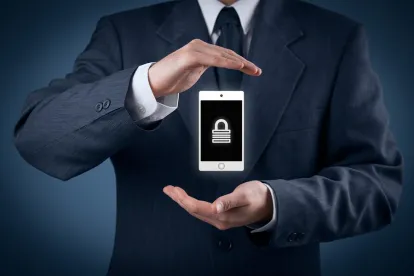In Pennsylvania, it is a felony for a person to intercept any wire, electronic, or oral communication unless all of the parties to the communication have given prior consent to such interception. This makes Pennsylvania a two/multiple-party consent jurisdiction. “Interception” is defined as the acquisition of any oral communication through an electronic, mechanical, or other device other than through a telephone or any component thereof. The traditional example of the crime is tape recording a conversation without the knowledge of one of the parties to the conversation.
This statute predates the digital age and smart phone technology. The question, therefore, becomes whether the use of a recording device on a cell phone is recording a conversation without the consent of all of the parties or acquisition of an oral communication through a telephone.
This question was presented to the Pennsylvania Superior Court in Commonwealth vs. Smith. There, an employee, fearing that he would be disciplined, used the voice memo application of his cell phone to record the meeting with his boss without the latter’s knowledge or consent. After discovering the recording of the meeting, the matter was referred to the District Attorney who attempted to prosecute the employee. To defend his action, the employee argued that his smart phone was a telephone and, therefore, exempt under the statute. This argument prevailed in the trial court but, upon appeal, was rejected by the Superior Court.
The Superior Court recognized that laws have not kept pace with developments in technology, so it was required to decide whether a smart phone’s voice memo application was more akin to the use of the device as a telephone or as a tape recorder. The Superior Court held that a cell phone, while part telephone, also was in part a computer, a camera, etc. As a result, it held that such a device must be characterized by the function it is performing and the capacity in which it is being used at a given point and time. In this case, the Court found that the cell phone was not being used as a telephone but as a tape recorder, and, therefore, was a surreptitious recording of a conversation that by all accounts appeared to be intended as private and violated the Act. In light of the fact that the Superior Court found the employee’s use of the application on his smart phone was akin to concealing a tape recorder during the meeting, it reversed the decision of the trial court and permitted the prosecution to go forward.
As you can see, a smart phone may be smarter than its user.



 />i
/>i

